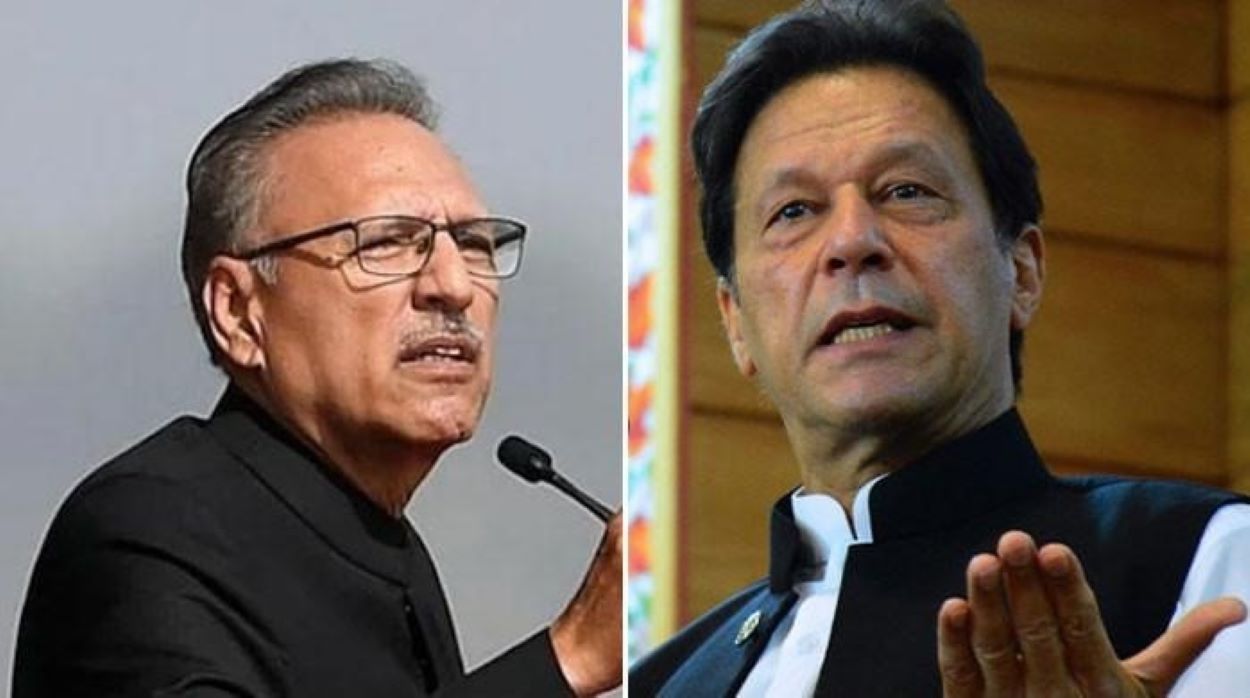Former President of Pakistan, Dr. Arif Alvi, recently drew historical parallels in a tweet on X, recalling the denial of Eid prayers to Imran Khan Sahib by evoking the memory of British colonial oppression.
He referenced Sheikh-ul-Hind, Hazrat Maulana Mahmood Hasan Sahib, an eminent figure in the Indian independence movement, often remembered as the ‘Prisoner of Malta.’ In 1916, British colonial authorities exiled him due to his participation in the Silk Handkerchief Movement, confining him to Malta, a Mediterranean island, for four years. During this period, Maulana Mahmood Hasan was also prohibited from performing Eid prayers, a measure employed by the British to demoralize and weaken the resolve of Indian Muslim leaders.
In ‘Asir-e-Malta’, Maulana Syed Husain Ahmad Madani Sahib recounts that despite the restrictions, Sheikh-ul-Hind would prepare himself for Eid prayers as an act of defiance and faith. He would bathe, don clean clothes, and wait, symbolizing readiness and sincerity towards Allah, regardless of the occupiers’ decision. This gesture highlighted his unyielding spirit and faith, demonstrating that while the colonial authorities could restrict physical freedom, they could not subjugate his spiritual dedication and resilience.
This historical anecdote is a powerful reminder of the enduring spirit of resistance among leaders faced with oppression. Maulana Mahmood Hasan’s eventual release in 1920 after four years of imprisonment symbolizes the triumph of steadfastness and faith over colonial efforts to suppress the leadership and morale of the Muslim community in India.






